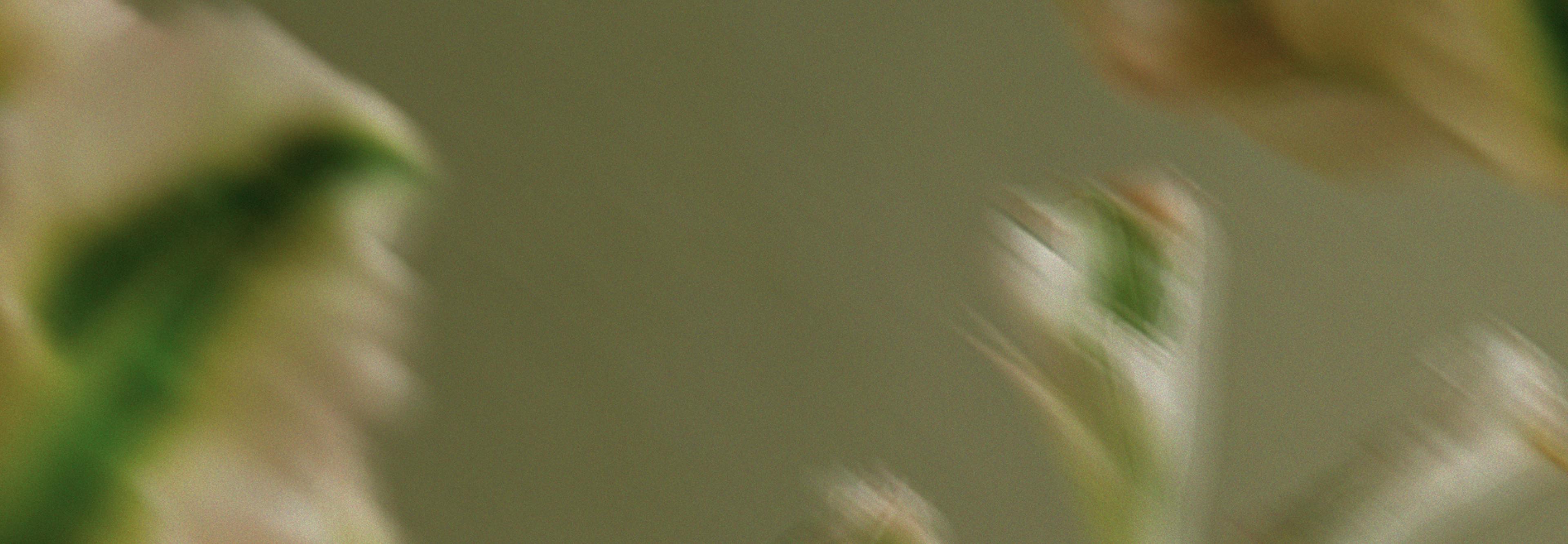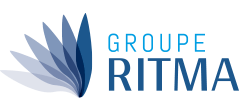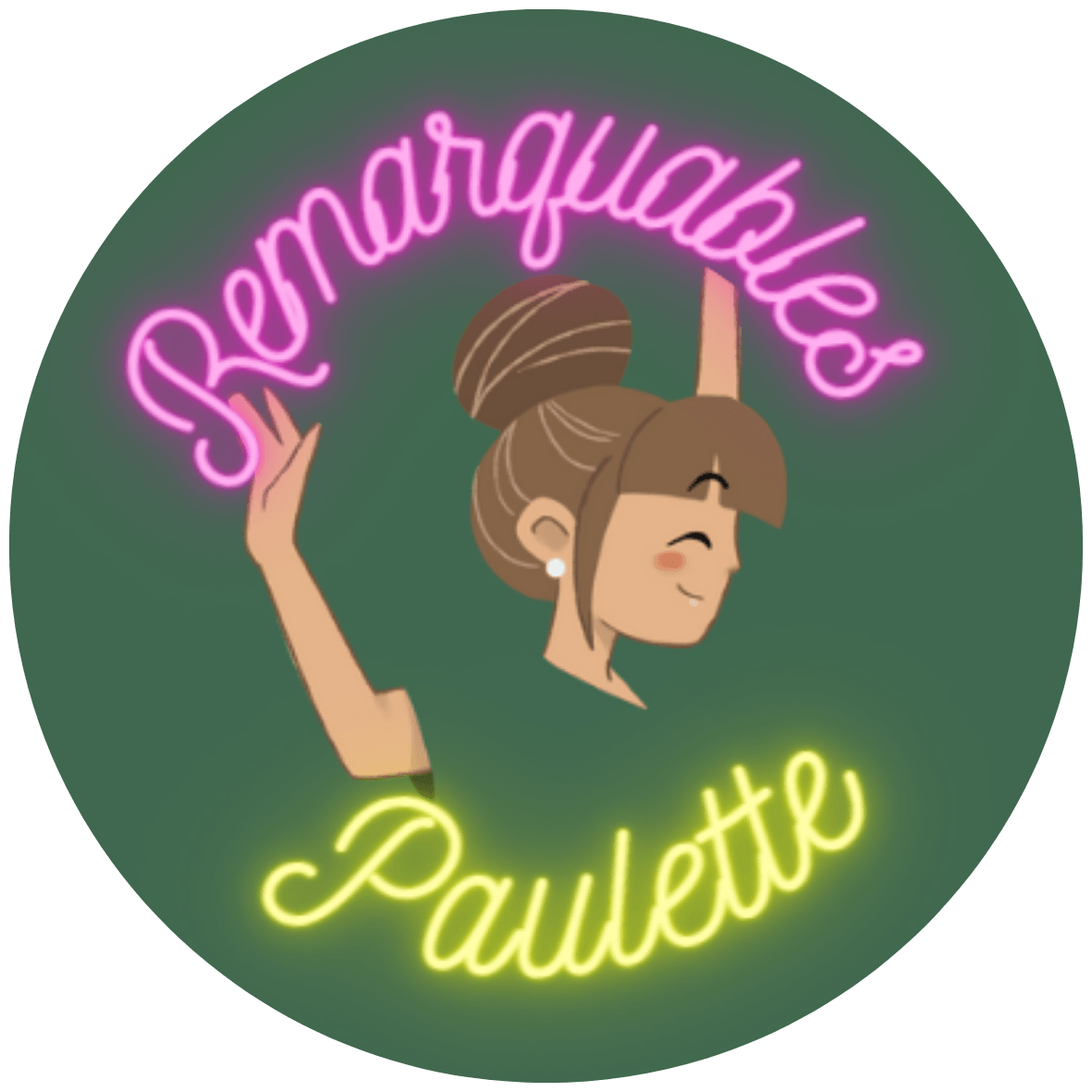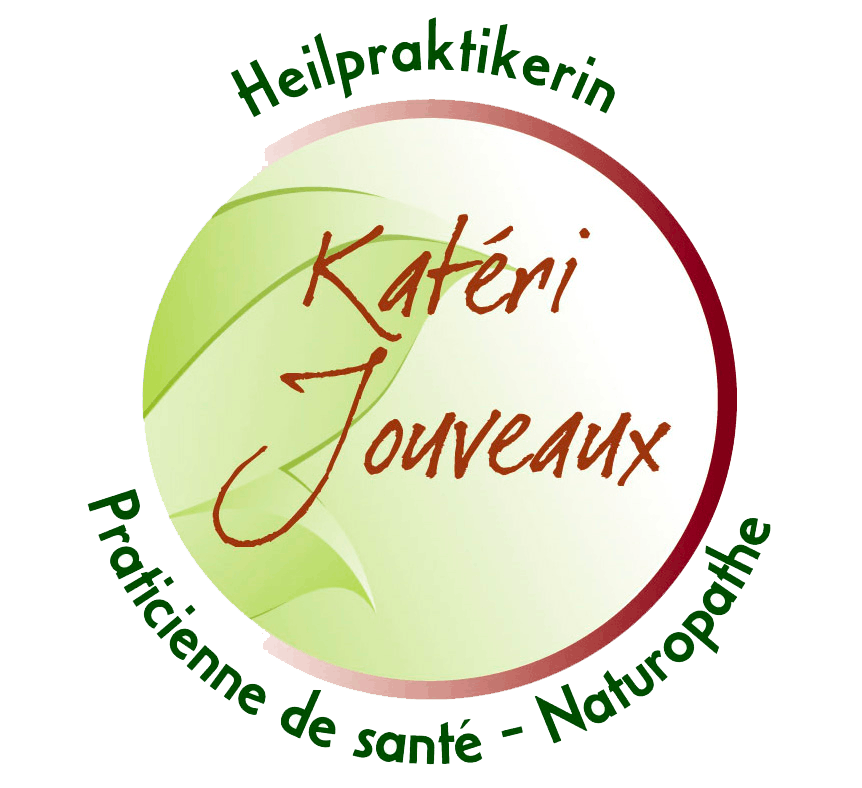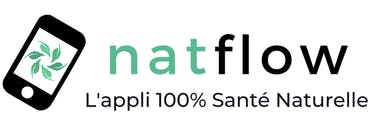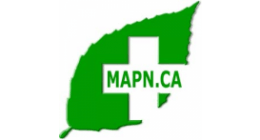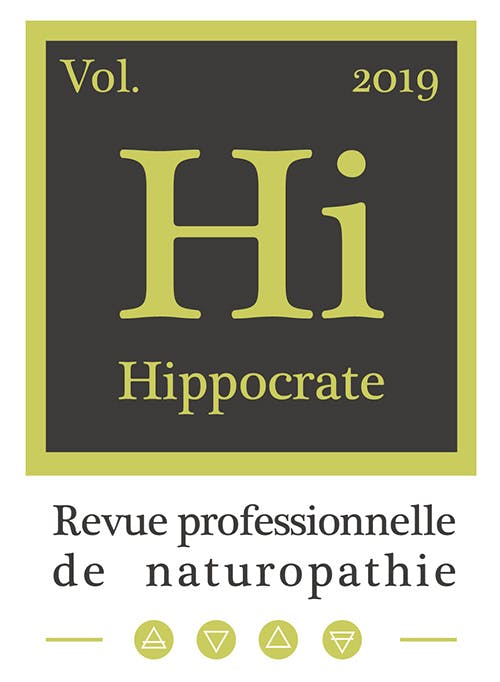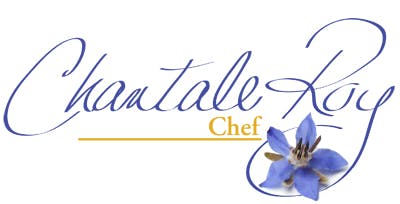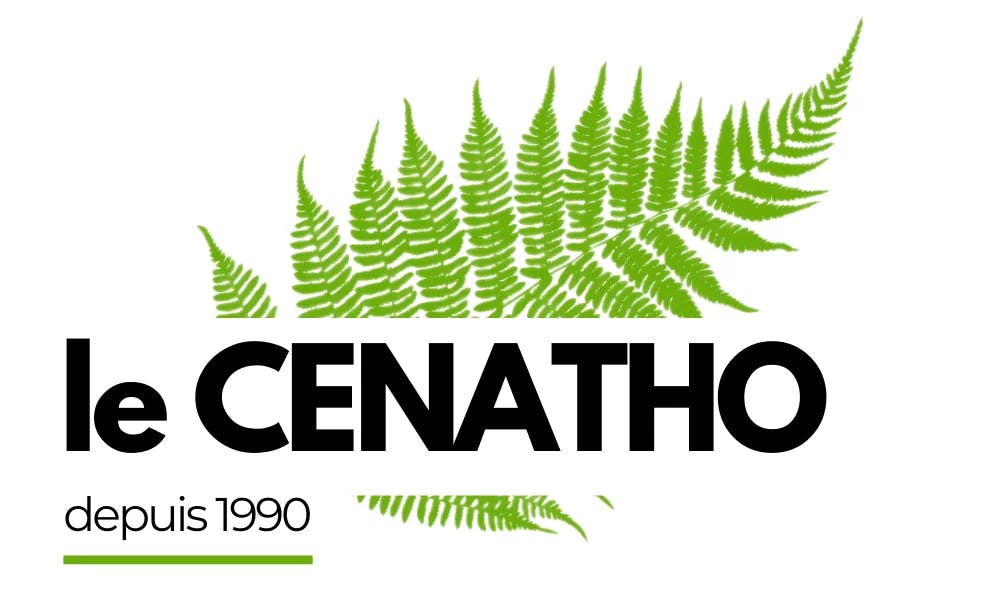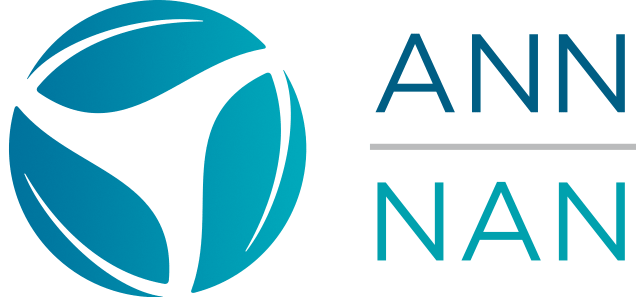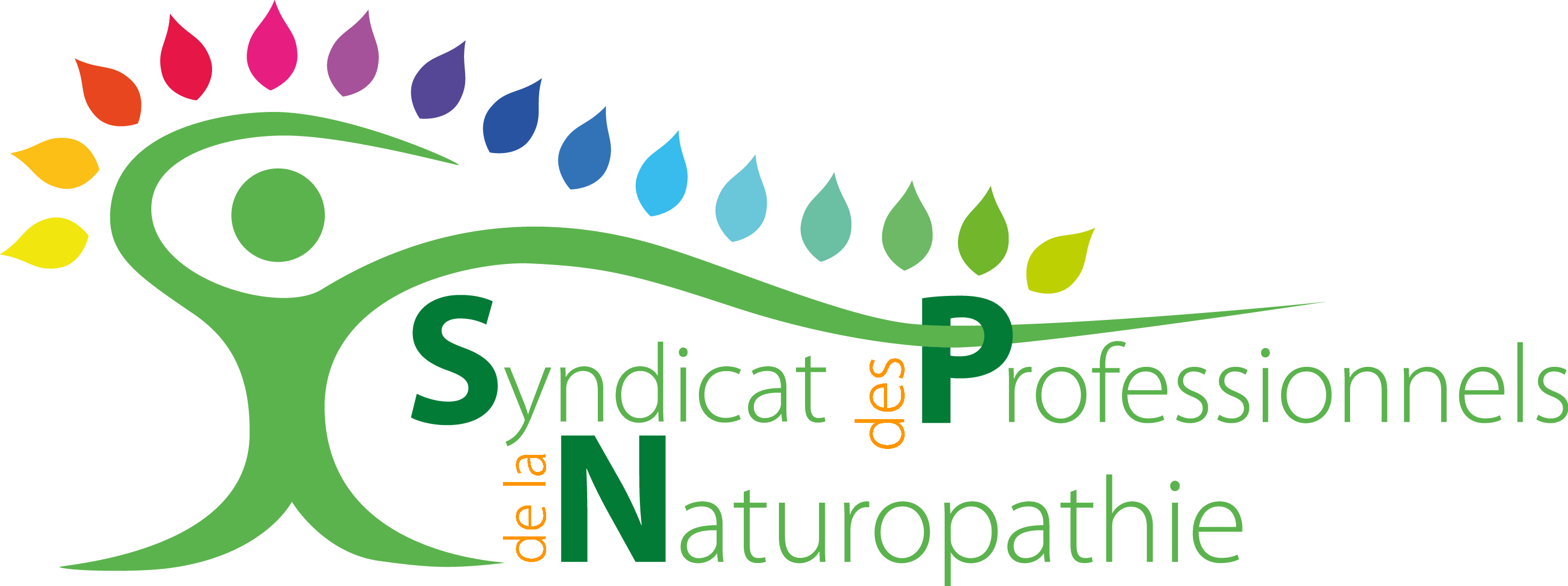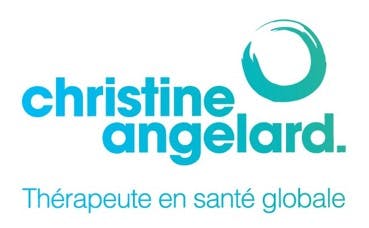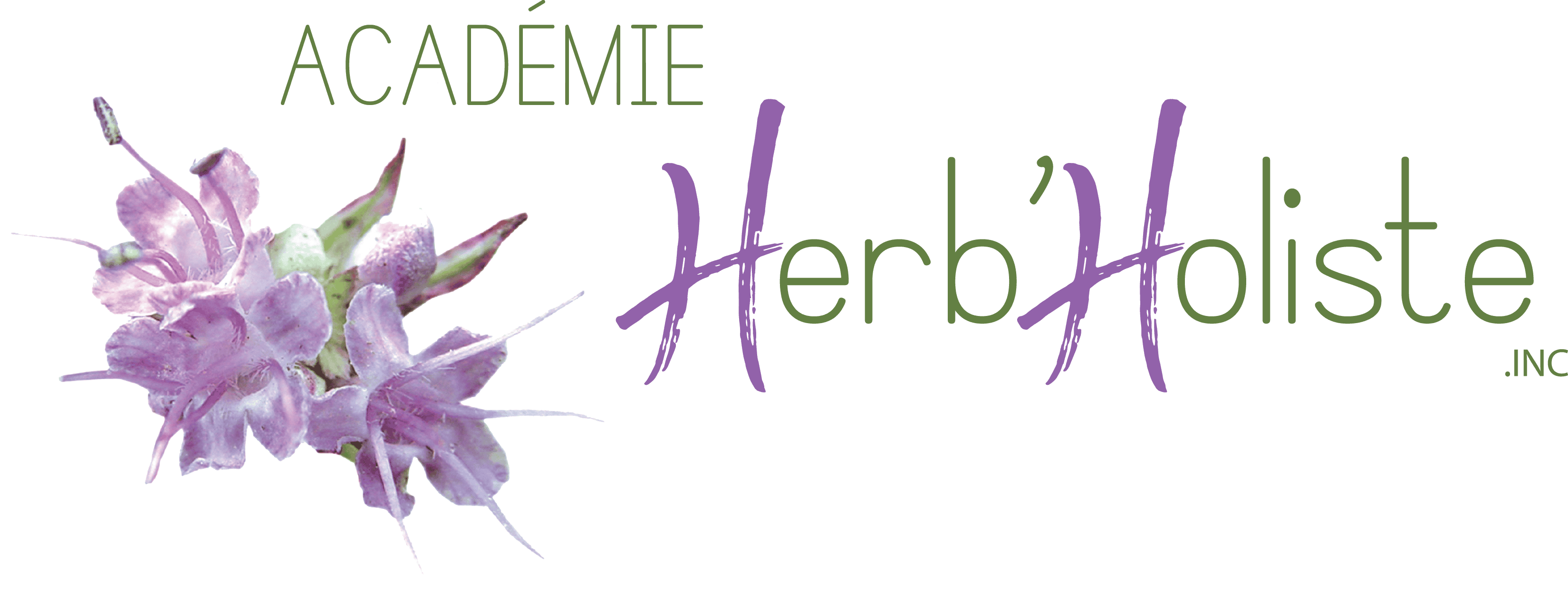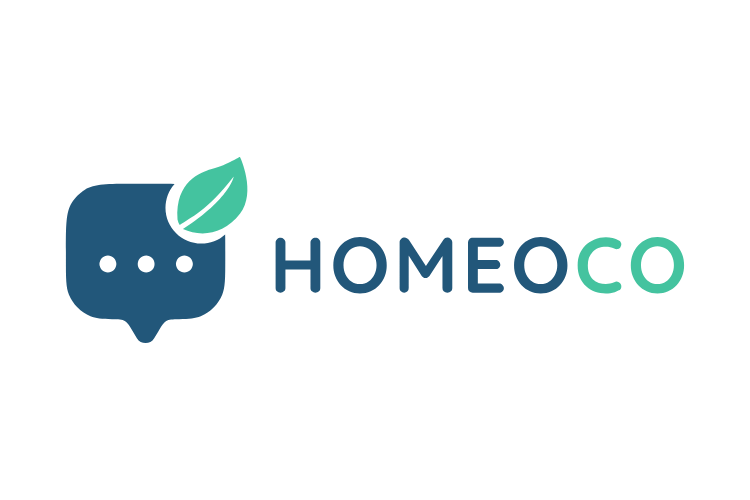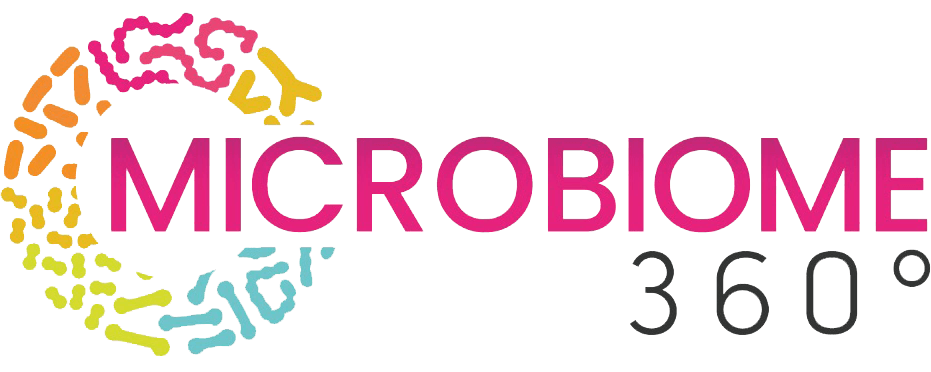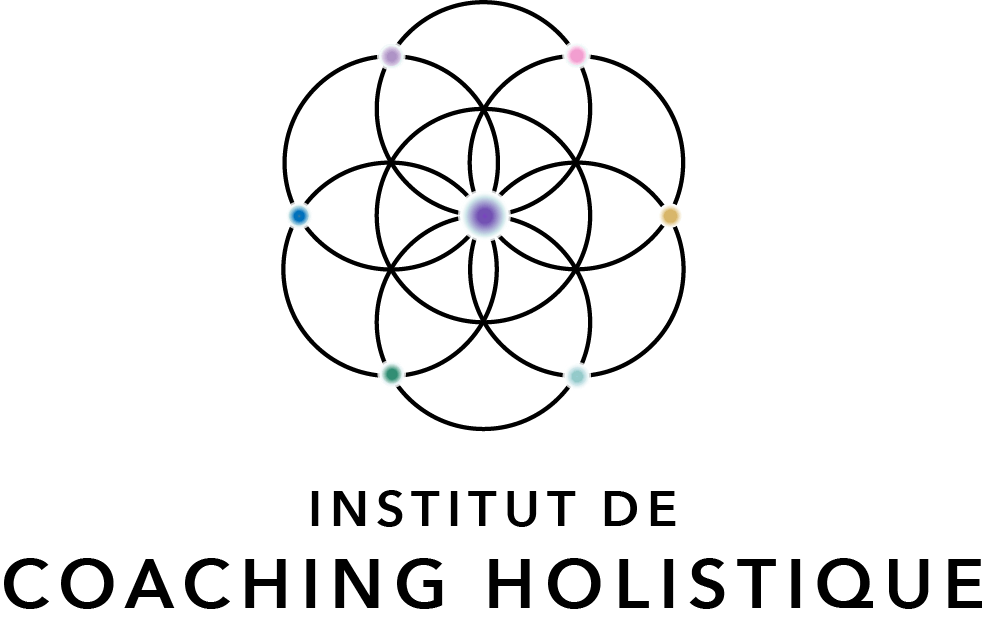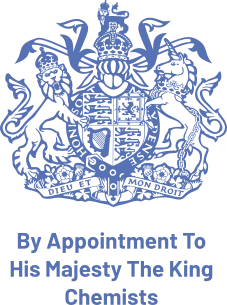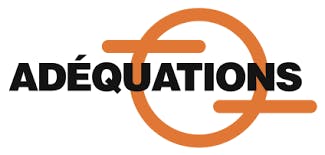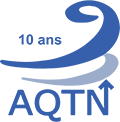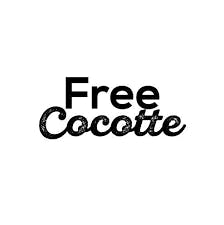The Pillars of Health
The term “pillars” refers to a set of main therapies grouped according to a similar therapeutic approach: manipulative, Eastern, naturopathic, psycho-educational, and diagnostic. Within each group are the main recognized therapeutic methods.
- The therapies are presented in standard sections: overview, principles, typical session process, indications and risks, clinical studies, etc.
- Some therapies have been the focus of clinical studies, which are included in this course where relevant. These studies were conducted in medical settings under various scientifically recognized protocols.
The information in this course offers an excellent overview of alternative practices and provides a valuable source of inspiration and guidance for future health practitioners.

Teaching methods included:
- E-Learning training: an interactive, motivating, and effective learning method.
- Printable course booklets
- Online exams
- Access to the student centre
- Videos and virtual library.
Course Content Description
Student Guide
Exam Submission Due Date
- Timeline
- Change the due date
- Important
Teaching Method
- Introduction
- Start studying
- Answer the questions
- Self-correction
- Plan your work schedule
- Exam
- Move on to the next course
- Course answer sheet # ……………………
Introduction
Course Overview
- Grouping and classification
- Study protocols
- More specialized therapies
- College approach
Chapter 1
Manipulative Approaches
Osteopathy
- Overview
- Principles
- Session process
- Indications
- Risks
- Clinical studies
Massage Therapy
- Overview
- Principles
- Session process
- Indications
- Risks
- Clinical studies
Touch for Health
- Overview
- Principles
- Session process
- Indications
- Risks
- Clinical studies
Lymphatic Drainage
- Overview
- Principles
- Session process
- Indications
- Risks
- Clinical studies
Review of Knowledge
- Activity 1
CHAPTER 2
Eastern Approaches
Energetic Medicine
- Overview
- Principles
- The 5 elements
- Yin and Yang
- Session process
- Indications
- Risks
- Clinical studies
- ACUPRESSURE:
- ACUPUNCTURE:
Auriculotherapy
- Overview
- Principles
- Session process
- Detection of auricular points
- Treatment of auricular reflex points
- Indications
- Risks
- Clinical studies
Ayurvedic Medicine
- Overview
- Principles
- Process
- Indications
- Risks
- Clinical studies
Polarity Therapy
- Overview
- How to rebalance a person’s vital energy?
- Principles
- Session process
- Indications
- Risks
- Clinical studies
Reiki
- Overview
- Principles
- Indications
- Session process
- Indications
- Risks
- Clinical studies
Review of Knowledge
- Activity 2
CHAPTER 3
Naturopathic Approaches
Naturopathy
- Overview
- Principles
- Session process
- Indications
- Risks
- Clinical studies
Phototherapy and Heliotherapy
- Overview
- Principles
- The effects of radiation
- Types of light
- Risks
- Clinical studies
Chromotherapy
- Overview
- Principles
- Therapeutic effect of colours
- Risks
- Clinical studies
Aromatherapy
- Overview
- Some essential oils
- Ravensare Aromatique
- Lemon (zest)
- Sweet Orange (zest)
- Principles
- Session process
- Indications
- Risks
- Clinical studies
Dr Bach’s Flower Essences
- Overview
- Full sun method
- Decoction
- Principles
- Session process
- Two widely used methods:
- Indications
- Risks
- The thirty-eight flower essences
- Agrimony *
- European gorse
- Chestnut buds*
- Heather*
- Centaury*
- Hornbeam
- Sweet chestnut
- Oak*
- Honeysuckle
- Chicory*
- Clematis*
- Star of Bethlehem
- Rock water*
- Wild rose
- White chestnut flower
- Wild oat
- Gentian
- Rock rose
- Beech*
- Holly
- Impatiens*
- Red chestnut*
- Larch*
- Water milfoil*
- Wild mustard
- Nutmeg*
- Walnut
- Olive
- Field elm*
- Scots pine*
- • Plumbago*
- Crab apple*
- Cherry plum
- Willow
- Scleranthus*
- Aspen
- Vervain*
- Vine*
- Rescue Remedy
- Clinical studies
Homeopathy – Biotherapies
- Overview
- Principles
- A temperamental medicine
- Session process
- Indications
- Risks
- References and clinical studies
Nutritherapy
- Overview
- Principles
- Session process
- Indications
- Dietary supplements
- Risks
- Clinical studies
Phytotherapy
- Overview
- Principles
- Phytotherapeutic remedies
- Session process
- Indications
- Risks
- Clinical studies
Blood Groups
- Here is an overview of their findings and observations
- A bit of history
- Worldwide distribution of blood groups
- Summary of data
- Notes
- Food allergies
- TO AVOID TYPE O
- TO AVOID TYPE B
- TO AVOID TYPE AB
- Secretors
- Non-secretors
- Risk factors for being a non-secretor
- Important notes:
Review of Knowledge
- Activity 3
CHAPTER 4
Psycho-educational Approaches
Relaxation and Visualization
- Overview
- Principles
- Session process
- Indications
- Risks
- Clinical studies
Spiritual Healing
- Overview
- Principles
- Session process
- Indications
- Risks
- Clinical studies
Hypnotherapy
- Overview
- Principles
- The unconscious
- Imagination
- Experience of heaviness
- Autosuggestion
- Psychological regression
- Healing through hypnosis
- Session process
- Indications
- Risks
- Clinical studies
Art Therapy
- Overview
- Principles
- Session process
- Indications
- Risks
- Clinical studies
Review of Knowledge
- Activity 4
CHAPTER 5
Diagnostic Approaches
Iridology
- Overview
- Principles
- Session process
- Indications
- Risks
- Clinical study
Dowsing
- Overview
- Principles
- Session process
- Pendulum
- Rod, antenna
- And electronics?
- Electronic detector of harmful waves
- Indications
- Risks
- Clinical studies
Review of Knowledge
- Activity 5
CHAPTER 6
Healing Waves
A. Origin of Electromagnetic Medicine in the West
- Georges Lakhovsky and the biological effects of waves.
- Albert Abrams and the destruction of microbes by resonance
- Roy Rife and magical inventions.
- Antoine Priore and the antibiotic properties of waves.
B. Therapies Using Waves or Magnetic Fields
- Millimetre wave emitter.
- 1. Electric crown
- 2. Rhythms of life
- 3. The Russian view of electromagnetic therapies
C. And in the West?
- N. Shealy and TENS
- D. Kirsch and MET
- Electrical stimulation of the brain: CES
- Magnetic fields: the method of Pilla and Bassett
- Electro-acupuncture by Voll
- Bio-electronics by Louis-Claude Vincent
Magnetic Resonance Therapy
- Overview
- Principles
- Session process
- Indications
- In conclusion
- Bibliography on magnetic resonance
Review of Knowledge
- Activity 6
Answer Keys
- Answer key for Activity 1
- Answer key for Activity 2
- Answer key for Activity 3
- Answer key for Activity 4
- Answer key for Activity 5
- Answer key for Activity 6
Bibliographic References
- Graded Activities
Course 131 The Pillars of Health
Evaluation Questionnaire


